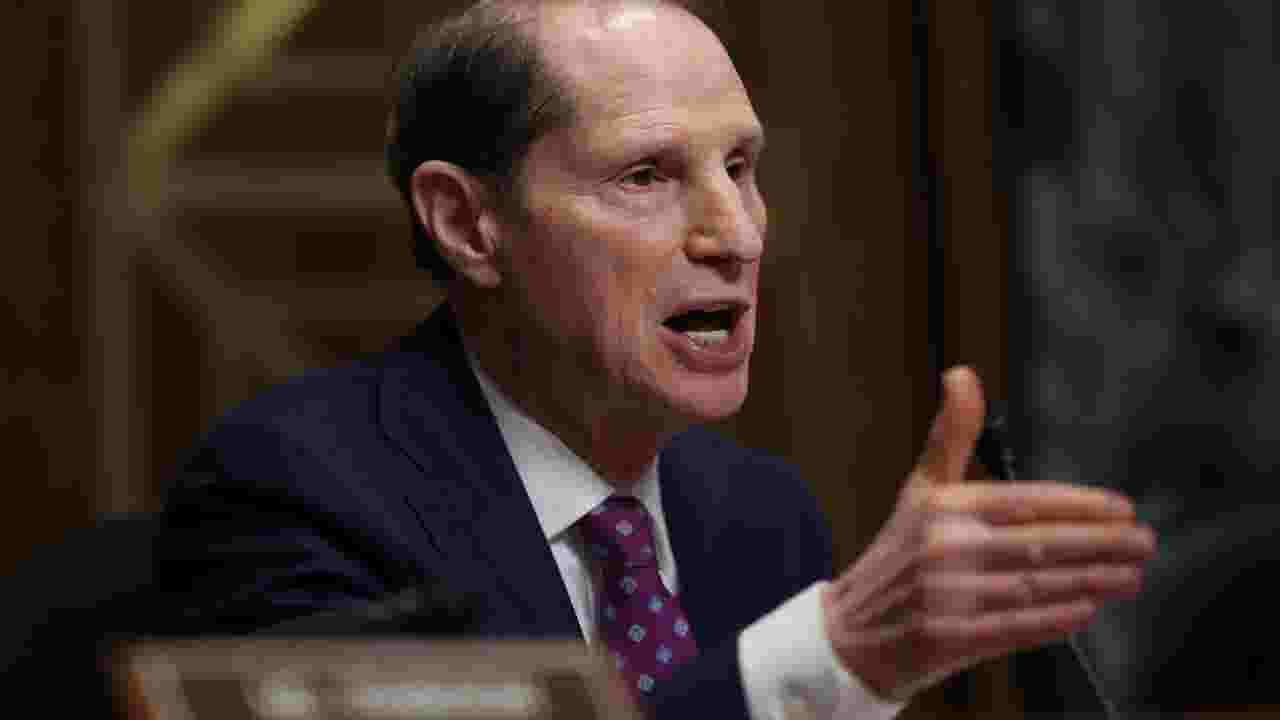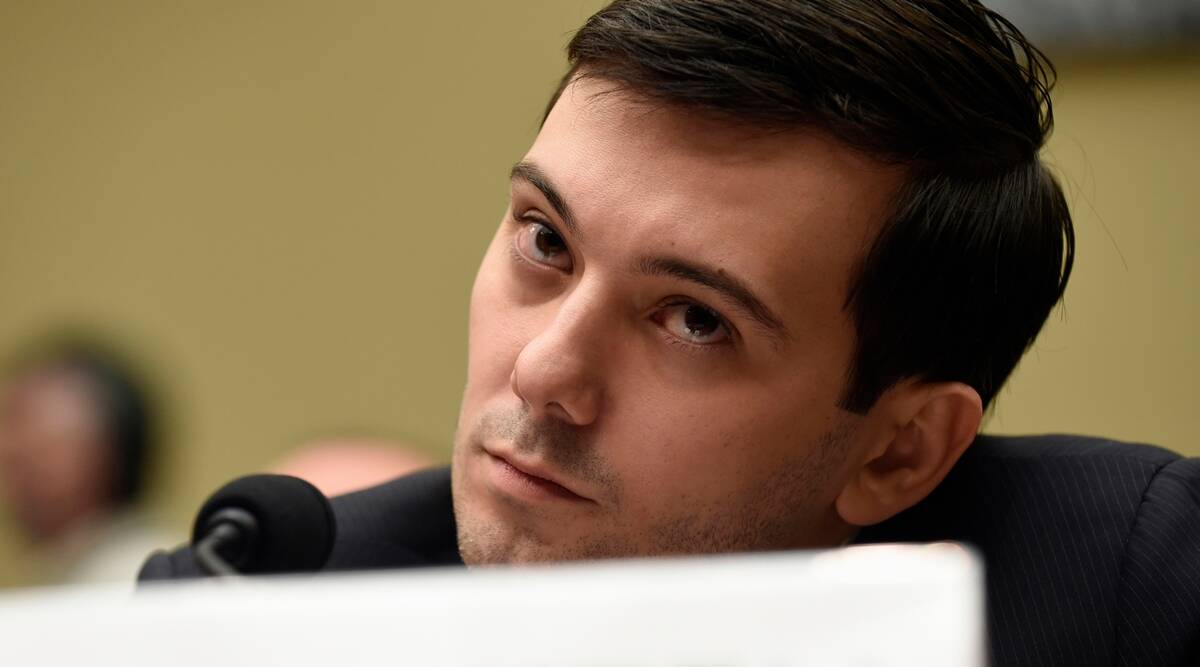
The CEOs of Pfizer, Merck, AbbVie, AstraZeneca, Bristol-Myers Squibb and Sanofi and an executive vice president of Johnson & Johnson’s Janssen Pharmaceuticals defended their pricing and business practices before the Senate Finance Committee on Tuesday.
The executives agreed that drugs should be more affordable for Americans. But they were reluctant to promise to cut list prices without other reforms.
They argued that other factors, such as pharmacy benefit managers that negotiate discounts and insurance coverage, have greater influence on the price consumers pay at the pharmacy counter. They spoke of drug rebates that don’t always reach consumers, payments tied to the value of a drug and more transparency.
Merck CEO Kenneth Frazier called pricing “complex and interdependent,” and said addressing cost, access and affordability would require bringing “all the parties around the table.”
Multiple senators questioned AbbVie CEO Richard A. Gonzalez about how the company set the price of the arthritis drug Humira. The list price of the drug more than doubled over six years and now costs more than $60,000 per year.
Sen. Ron Wyden asked Gonzalez whether the $22.6 million he earned in 2017, which included a $4.3 million bonus, was tied to increasing Humira sales.
“That strikes me as problematic,” the Oregon Democrat said. “Higher prices in the U.S. were responsible (for) increasing sales of Humira. Would you make a smaller bonus if you dropped the price of Humira?”
Gonzalez said his bonus was based off several factors, not solely revenue generated by Humira.
Senators were skeptical of the industry’s price-setting practices and heavy spending on marketing and sales spending.
Sen. John Cornyn highlighted Humira as an example of why the Senate should consider reforming patent laws. The Texas Republican said AbbVie had more than 100 patents tied to Humira, a drug that has been on the market since 2003.
Patents give drug companies exclusive rights to sell a drug for several years before generic companies can make competing versions of the drug.
“I support drug companies recovering a profit,” Cornyn said. But “at some point, that patent has to end, that exclusivity has to end,” so patients have access to more affordable generic drugs.
Other senators questioned whether Americans are subsidizing the cost of developing new drugs for the rest of the world – both through higher list prices charged to U.S. consumers compared to other developed nations and taxpayer-funded research grants that pay for early scientific discoveries that might lead to new drugs.
Sen. Sherrod Brown said the average cost of a specialty drug in 2015 was more than $52,000, about twice as much as what the average Medicare recipient collects in annual income.
“So taxpayers subsidize your research, subsidize your marketing and you continue to raise drug list prices on them,” the Ohio Democrat said. “Americans can’t afford to pay for prescription drugs that cost more money than they make in a year. We can’t continue to give Big Pharma the blank check.”
Wyden said the hearing was filled with “happy talk,” but no firm commitments to reduce prices if drugs rebates are eliminated. He wanted each CEO to answer in writing whether they would agree to lower prices if rebates are eliminated.
Sen. Chuck Grassley, the Iowa Republican who chairs the committee, opened the hearing by saying he expected “open, honest answers from the pharmaceutical industry to figure out how we got here and see what ideas they have to make things better.”
“We’re all trying to understand the sticker shock that many drugs generate,” he said. “There is a balance between incentivizing innovation and keeping prices affordable for consumers and taxpayers.”
“Whether it’s about EpiPen, insulin or other prescriptions, in the thousands of letters I’ve received, Iowans have made clear that high drug prices are hurting them,” Grassley said. “I’ve heard about people skipping doses of their prescription drugs to make them last until the next paycheck.”
The drug industry and its main lobbying group, the Pharmaceutical Research and Manufacturers of America, have resisted efforts to curb drug prices.
The drug industry defeated efforts to import less expensive versions of the brand-name drugs sold in other nations. The industry was an early supporter of the Affordable Care Act and avoided negotiating drug prices for Medicare recipients.
The industry and its supporters say the cost of prescription drugs is rising because the population is growing older and demand is increasing. More than half of Americans has been prescribed a drug.
[“source=usatoday”]





















